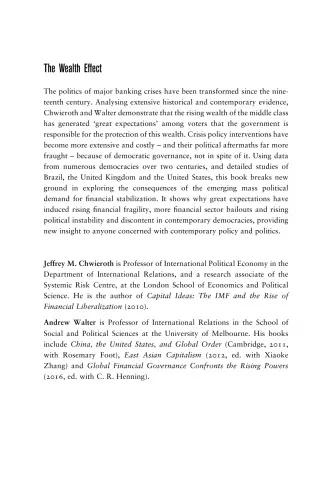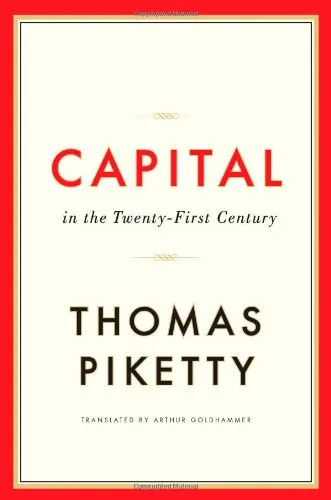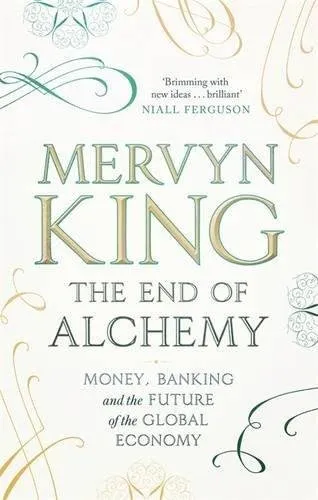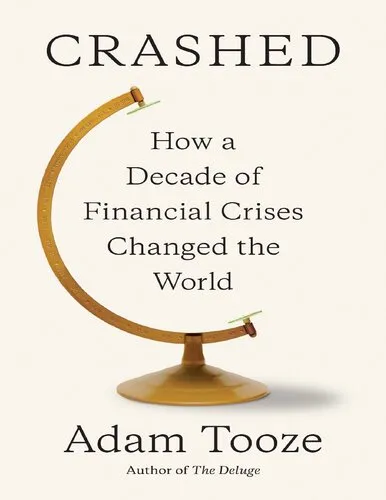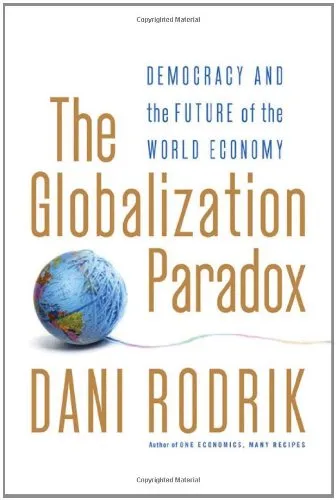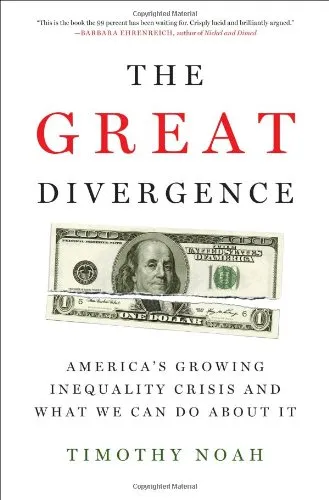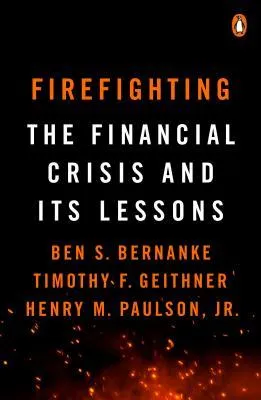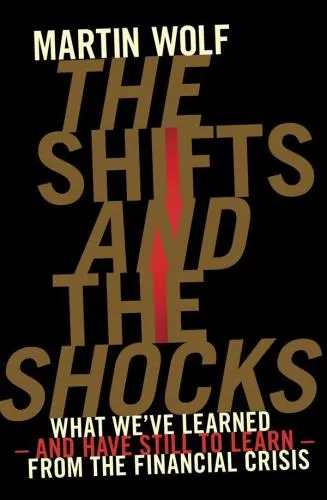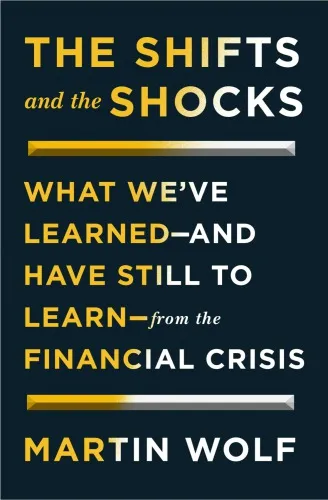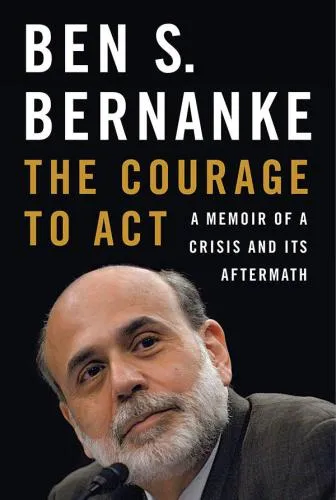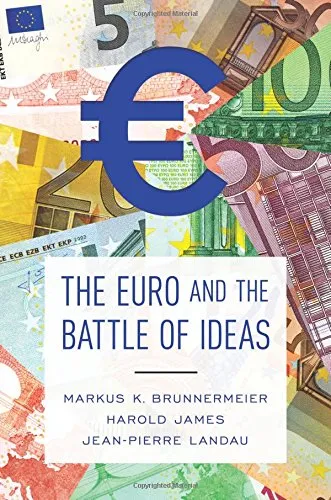The Wealth Effect: How The Great Expectations Of The Middle Class Have Changed The Politics Of Banking Crises
3.6
Reviews from our users

You Can Ask your questions from this book's AI after Login
Each download or ask from book AI costs 2 points. To earn more free points, please visit the Points Guide Page and complete some valuable actions.Related Refrences:
Introduction
Welcome to 'The Wealth Effect: How The Great Expectations Of The Middle Class Have Changed The Politics Of Banking Crises', a profound exploration of the intricate relationship between middle-class prosperity and the political dynamics surrounding banking crises. In this book, we delve into the evolution of the global financial landscape, examining how the expectations and demands of a growing middle class have influenced government responses to banking crises and reshaped financial policy.
Detailed Summary of the Book
In 'The Wealth Effect,' we, Chwieroth and Walter, embark on an ambitious project to trace the historical and political threads that link the emergence of the middle class with the policy transformations in banking crisis management. Our analysis covers a broad spectrum, including pivotal moments in financial history and their impacts on societal expectations.
We argue that as societies have transitioned from agrarian economies to industrialized and later service-oriented economies, the role of the middle class has grown significantly. This augmentation in economic participation has led to a shift in the political influence wielded by middle-class citizens. Their aspirations and desire for financial stability have, in effect, prompted governments to adopt protective measures during financial downturns, often prioritizing middle-class interests in the aftermath of banking crises.
Throughout the book, we draw on a wealth of data and case studies, from the Great Depression to the Great Recession, to illustrate how the economic security of the middle class has become a focal point for policymakers. This has resulted in a distinctive 'wealth effect,' where the political calculus of supporting financial institutions is heavily influenced by the potential impact on middle-class wealth.
Key Takeaways
- The middle class plays a crucial role in shaping political responses to banking crises.
- Economic transitions have elevated the financial expectations of middle-class citizens globally.
- Governments are increasingly likely to intervene in banking crises to protect middle-class interests.
- Historical case studies illustrate the consistency of this wealth effect over various banking crises.
- Understanding the political motivations behind crisis management can lead to better-informed financial policies.
Famous Quotes from the Book
"The aspirations of the middle class are not mere economic parameters but powerful political forces that have reshaped the landscape of global financial governance."
"In every era marked by financial turmoil, it is the expectations and fears of the middle class that silently steer the rudder of governmental response."
Why This Book Matters
Understanding the dynamics of banking crises and the political responses they elicit is critical in our interconnected global economy. 'The Wealth Effect' offers a nuanced perspective that extends beyond the economic models and into the socio-political realms influencing financial stability.
As banking crises become more frequent and potentially more severe, recognizing the expectations of the middle class and their impact on political decision-making can be pivotal for policymakers, economists, and academics. This book not only adds depth to the discourse surrounding financial crises but also equips readers with a framework to anticipate future shifts in policy and governance.
For anyone interested in the intersections of politics, economics, and social dynamics, 'The Wealth Effect' provides invaluable insights into the forces shaping our financial world.
Free Direct Download
You Can Download this book after Login
Accessing books through legal platforms and public libraries not only supports the rights of authors and publishers but also contributes to the sustainability of reading culture. Before downloading, please take a moment to consider these options.
Find this book on other platforms:
WorldCat helps you find books in libraries worldwide.
See ratings, reviews, and discussions on Goodreads.
Find and buy rare or used books on AbeBooks.
1536
بازدید3.6
امتیاز0
نظر98%
رضایتReviews:
3.6
Based on 0 users review
Questions & Answers
Ask questions about this book or help others by answering
No questions yet. Be the first to ask!
